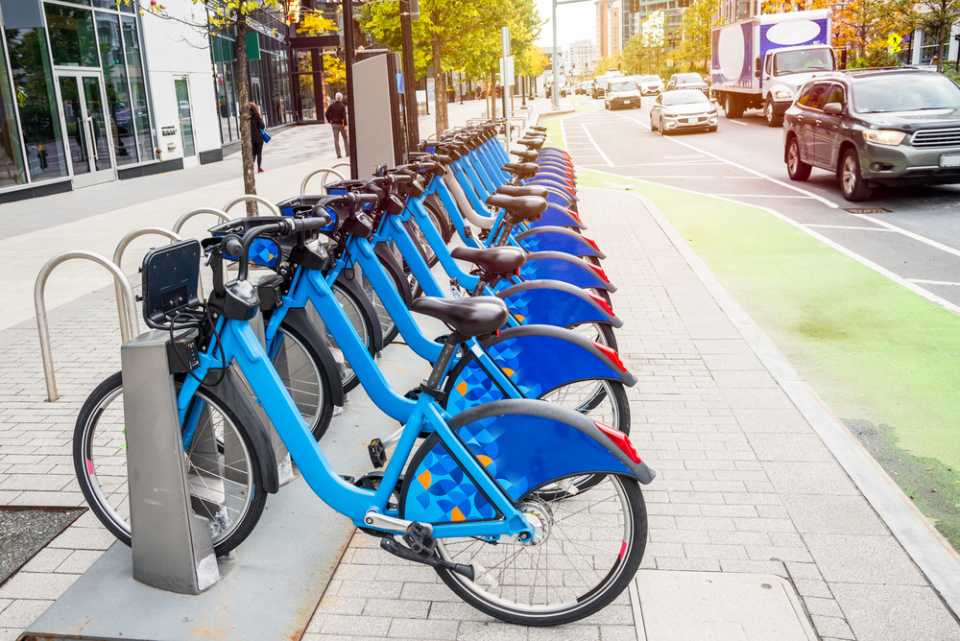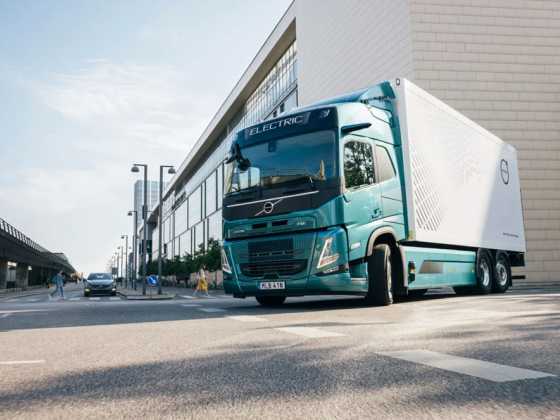British Safety Council's new guidance on storing e-bikes and scooters

Concerns over the risks of lithium-powered e-bikes and scooters has prompted British Safety Council to publish a guide on how to store them in the workplace.
Most e-bikes are powered by Lithium Ion (Li-on) batteries, larger versions of the kind found in smartphones, tablets, and some laptops.
In a 2021 UK-based survey of users (and potential users) of e-bikes, 40 per cent of people used an e-bike to commute to and from work, with 20 per cent having used them for business travel.
Recently, batteries have regularly made headlines, with tragic stories of fires and explosions, resulting in injury and loss of life.
Many of these were traced back to the charging of Li-on e-scooters and e-bikes.
The National Fire Protection Association (NFPA) states that the likelihood of Li-on batteries overheating, catching fire or exploding increases when they are damaged or improperly used, charged or stored.
Phil Pinnington, head of audit and consultancy at British Safety Council, said: “As with all new and developing technologies, the increasing use of e-bikes and scooters has prompted a wave of new questions, considerations, and challenges – not least for employers, as e-bikes and scooters have entered the workplace; and are routinely charged at (or under) our desks."
He added that the British Safety Council’s ‘Introductory Guide’ to Li-on batteries in the workplace offers a series of tips to help employers identify and assess the risks posed, how to put control measures in place, and shows some of the solutions being used around the world.
British Safety Council’s guide recognises the challenges posed by the storage and charging of lithium-powered e-bikes and scooters in the workplace and aims to provide employers with some tips to help mitigate the risks.
It is available to download for free here.



